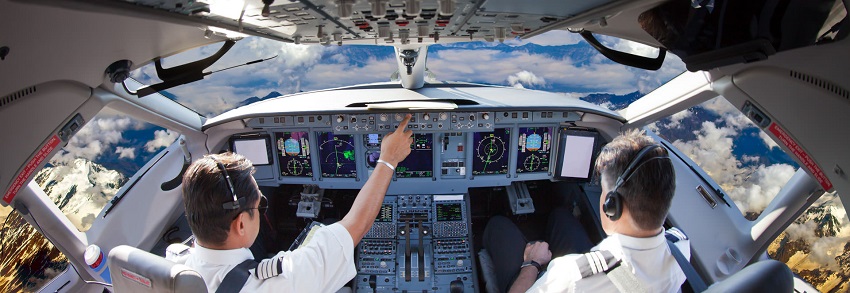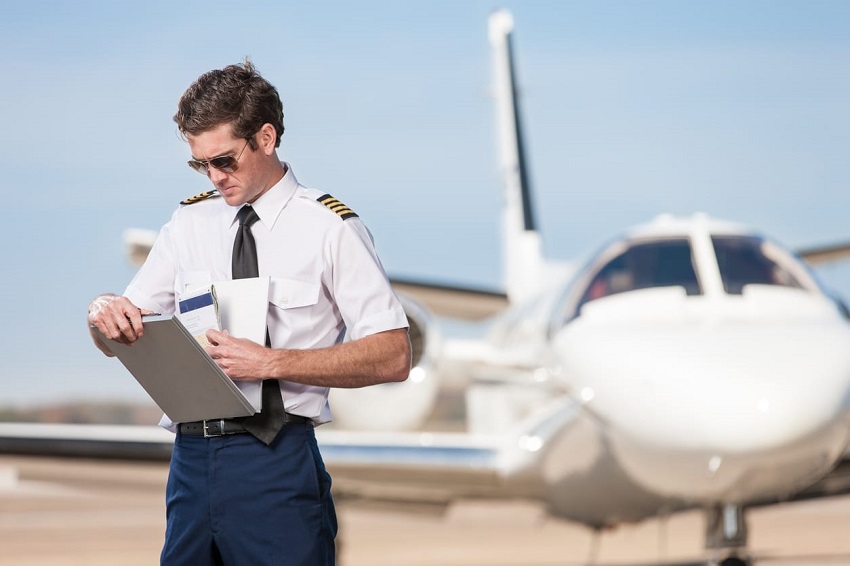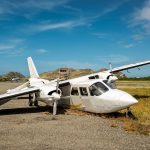Air traffic has seen a significant reduction in its operation as a result of the spread of the coronavirus and the measures adopted by most of the countries of the world, for which the sector has entered an evident crisis that has touched other spheres of life However, one of the perspectives little addressed is the shortage of commercial pilots that is looming in the face of this situation.
Before the Covid19 pandemic broke out over the Western Hemisphere, the aviation sector had already raised alarms about the shortage of crews, especially commercial pilots, as a result of the accelerated increase in world transport.
According to this, Boeing estimated that by 2035 more than 700 thousand airline pilots would be needed, while Airbus calculations were 500 thousand, in addition to 90 thousand for business aviation; Of course with the effects of the pandemic, the forecasts had to recalculate the estimated figures, however, not their main message: Aviation will face, sooner or later, the shortage of human talent compared to the demand for air transport.

Today seems to be the least of the problems for many airlines due to the effects generated by the pandemic, however, the possible shortage that aviation will be involved in seems to be being ignored when the recovery of the sector begins its ascent.
It is possible to understand reality, aviation and transport will continue to be an important asset for the world, therefore it will not end, it will only adapt to new challenges, as it has done throughout its history, in that order of ideas how to solve the possible lack of trained air personnel that is looming?
The situation becomes critical especially when skepticism about the training of new personnel has spread among young people, as a result of the injuries caused by the coronavirus. It must be clear, the lack of commercial pilots points to a world crisis that is not yet believed, or that is perceived as a problem of the future.
Before the coronavirus, China was expected to dethrone the United States as the world’s most important air market by 2022, according to estimates from the International Air Transport Association, today that belief is closer to being a reality. The way in which the Asian giant is about to achieve this was with the hiring of foreign personnel, new routes, and the order of airplanes; leaving a gap in human talent for the airlines in this part of the Continent.
It is difficult to focus on a single problem, especially when only recently began the moderate take-off of aviation in various parts of the world, including Colombia. Today it does not seem to be an urgent debate, but the truth is that what can come for aviation as a result of the lack of personnel, can be even more dangerous than the same consequences that Covid19 already generated for the sector months ago.
The lack of human talent threatens to cause severe turbulence that is difficult to cope with for a time like this.
The statistics vary according to the source, but everything seems to agree that the needs of pilots will be difficult to cover for the next few years and this will trigger problems in the medium and long term.
As can be seen, the challenge is enormous and the training centers remain committed to their responsibility with the future of aviation, however, the efforts will be insufficient if the motivational strategies for training in young people are not followed, with less government support. liabilities for scholarships and incentives, the opening for new ways of tackling the crisis… Aviation cannot be an ally only when the wind is calm, we must continue to rediscover its enormous potential for society.
The growth and recovery will take us by surprise when demand looms around the corner requesting more personnel to meet the normal needs of the air operation. It is evident that the increase in passengers will grow and in view of this, more human talent will be required to guarantee a continuous operation.
The crisis of commercial pilots is looming and it is hoped that it will not be too late to stop considering this situation simply as a problem of tomorrow.
You may also like to read What To Do At The Airport: A Guide For Those Who Have Never Traveled By Plane



